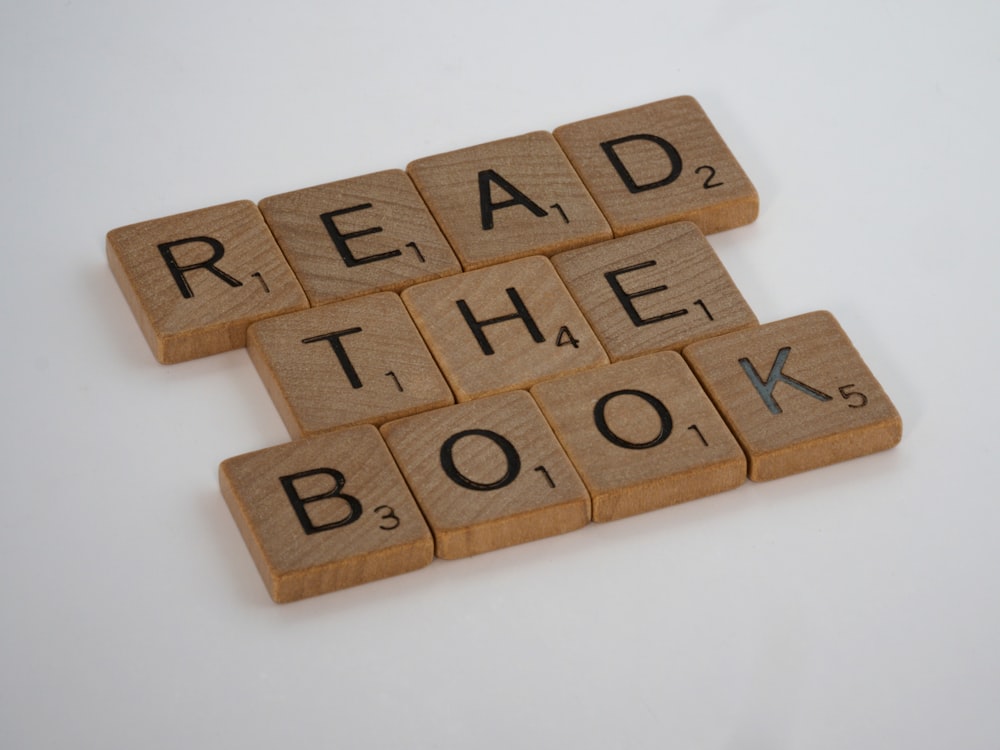What is literacy, and why does it matter?

What is literacy, and why does it matter?
The ability to read and write is the most general concept of literacy. But it's not as straightforward as it is. Reading and writing skills differ across cultures and contexts, and these, too, are in constant flux.
Reading today involves both diverse visual and multimedia formats as well as written content. An older person who can read a newspaper can have trouble searching details on Google since there is also the concept of digital literacy, which is described in detail in the article at https://thegeniusreview.com/digital-literacy/. Similarly, reading would be perceived differently in various communities.
Reading comprehension is an integral feature of literacy in the English language because of its writing traditions, although it may be less so in other cultures or languages.

What is the significance of literacy?
Literacy is required for students to communicate with the written word in daily life.
Consider how much you use your own reading talents in your daily life. Literacy is needed not only for articles like this one, but also for signs, names, and text messages on your computer.
The same is true when it comes to publishing. Even phone calls have given way to instant messages and text-based contact these days, emphasizing the importance of being able to read.
However, reading plays an important role in converting students into socially active people beyond the practical stage. Being able to read and write allows you to stay up to date with current affairs, communicate easily, and comprehend information.
Supporting literacy growth in a number of ways
The advancement of literacy should be a collaborative endeavor between home and education. Here are a few things you can do to help young children improve their reading skills:
Encourage people to learn.
Reading is the cornerstone of learning, so urge young students to participate in it consistently and thoroughly. This should include reading journals, novels, comic books, magazines, documentaries, reference materials, and blogs, among other genres.
Discuss the texts with your party.
Actively exploring what has been read helps students to make distinctions and think critically of the concepts presented in texts. Since reading or watching a letter, have a conversation of what it made the students think and experience.
- Use games and exercises to help children learn to read.
- Build a half-page story using a fresh and unusual word or phrase.
- Use as many adjectives as you can to describe a person or an entity.
- Scavenger search for information: scour the internet for details about a particular subject under a specified time period.
- In your own words, summarize the story of a book or film (as learners progress they can try to do this in as few words as possible).
Keep a competition to see who can come up with the most rhyming words beginning with a given word. Learners may also compose rhymed poetry or songs.
Utilize the library.
Kids are more likely to dive in and learn as they are exposed to a wide variety of texts. The school or neighborhood library is the perfect site for this.